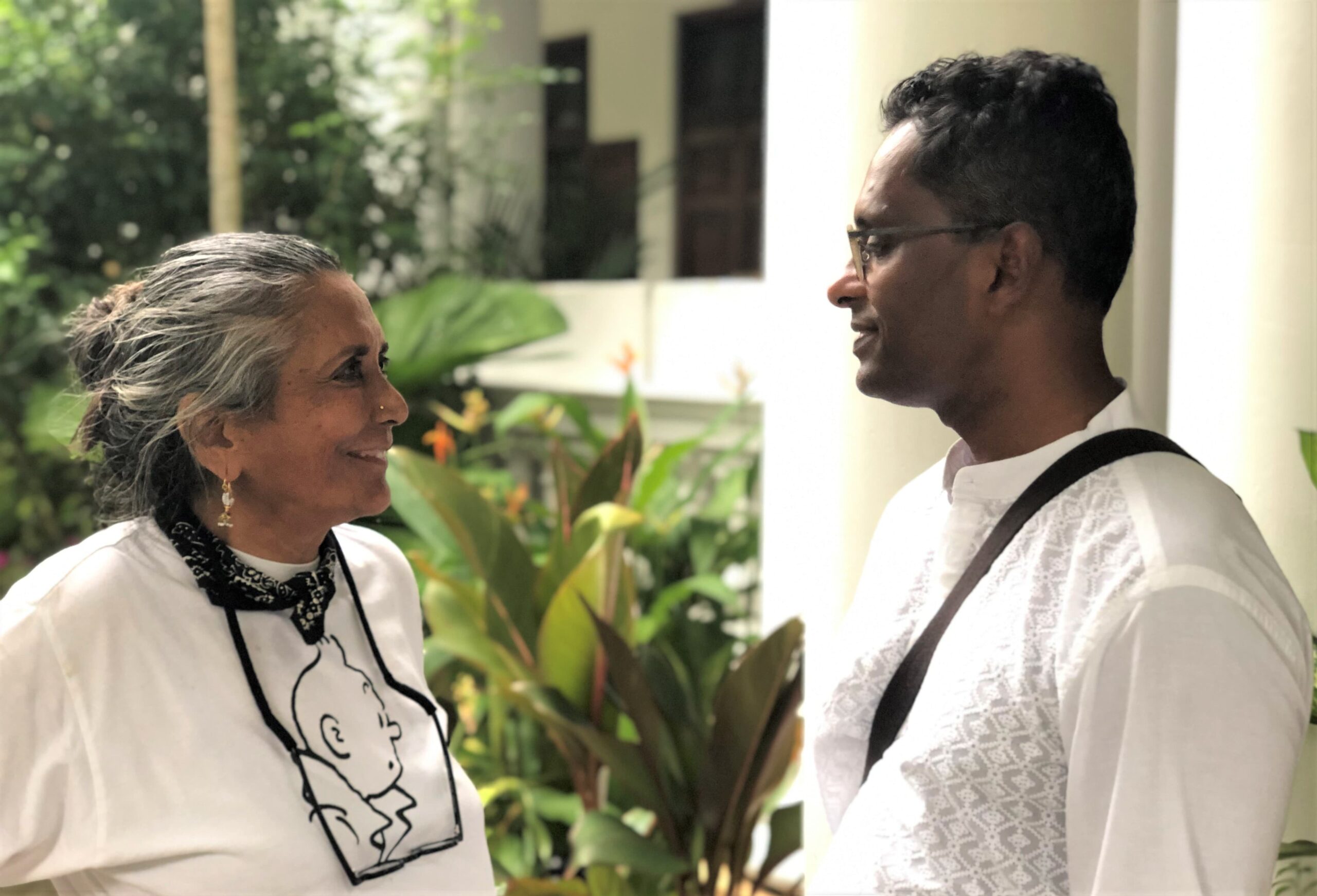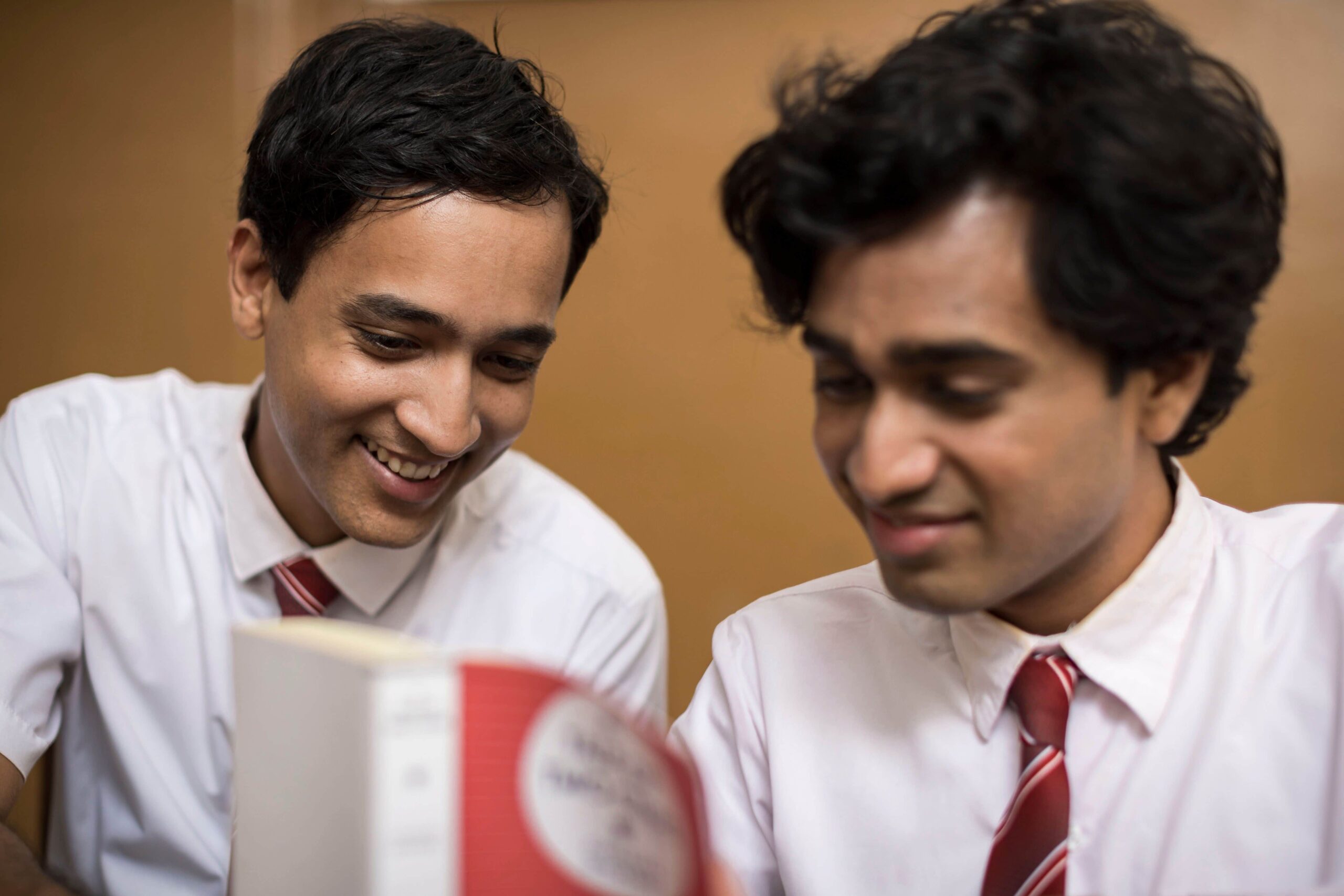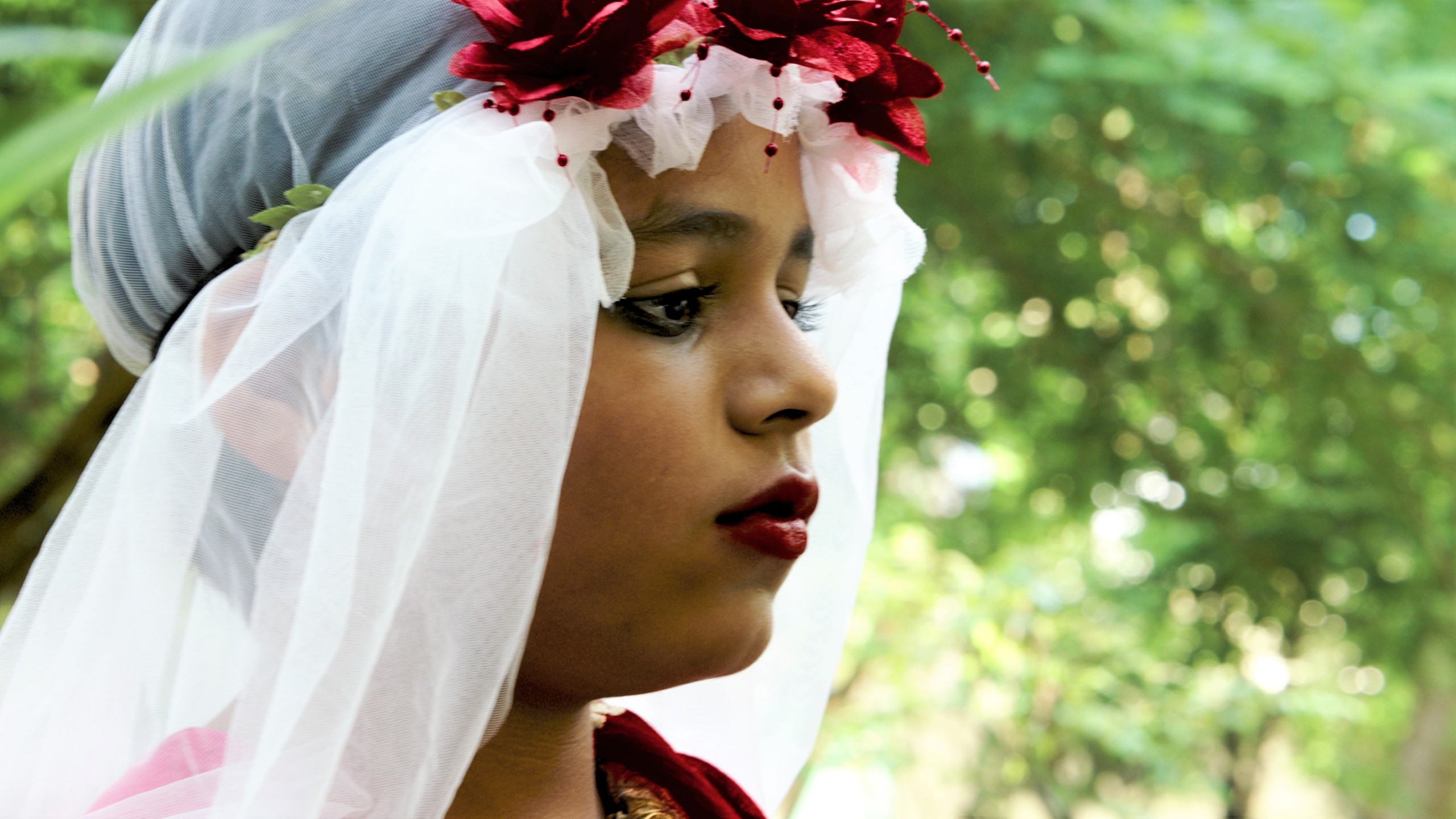We are all funny boys in a way. From Harper Lee’s “Scout” Finch and Louise Fitzhugh’s Harriet the Spy to the boys of RuPaul’s Drag Race, there is something universally appealing about plucky misfits who defy society’s gendered expectations.
Perhaps that partly explains why Sri Lankan-Canadian author Shyam Selvadurai’s 1994 debut novel Funny Boy struck such a chord with readers worldwide. This sweet but harrowing story of an effeminate gay boy, Arjie Chelvaratnam, coming of age in Sri Lanka during the country’s brutal civil war, became an instant bestseller—the first print run sold out even before its publication date. It went on to garner numerous distinctions, including the WH Smith first novel prize, the Lambda Literary Award for best gay fiction and a spot on the shortlist for the inaugural Giller Prize. The book has been a hit ever since and was translated into languages, including Sinhala and Tamil in Selvadurai’s native Sri Lanka; India even has a cheap school edition to make it more readily available to students.
Now, Arjie and the novel are set to garner a whole new generation of fans with a gorgeous cinematic adaptation directed by Indian-Canadian filmmaker Deepa Mehta, with both Selvadurai and Mehta sharing screenplay duties. Picked up for distribution by Ava DuVernay’s production company, Array, the film (which opened last week in a limited theatrical release) will start streaming in Canada following its CBC broadcast on Dec. 4, and starts streaming internationally on Netflix beginning Dec. 10.
It’s already been decided that the film will be Canada’s entry for the Oscars’ Best International Feature Film category—an appropriate recognition, since this is the first year for the newly-minted category (formerly the Best Foreign-Language Feature Film or, more colloquially, Best Foreign Film. Mehta’s film Water was nominated in that category in 2006). The Academy changed the name to better reflect the stature of films made outside of the U.S. and to combat the idea that films in languages other than English were necessarily “foreign.”
“Our streets in Canada are filled with people who have come here as refugees or immigrants because of civil conflict,” Selvadurai says. “And [Funny Boy] is the story of who they were before they came here. And I think that’s its resonance. That’s what makes it such a Canadian story.”
A Canadian story set in Sri Lanka told in a mix of Sinhala, Tamil and English—the narrative of exile can take many shapes and move in many directions. What readers and critics appreciated in the 1994 novel—which Mehta’s film powerfully captures—is how Arjie’s internal struggle mirrored the conflicts faced by the rest of his family, as mounting violence and unreason threaten to overwhelm them all. Growing tensions and violence between the minority Tamil and the majority Sinhalese populations came to a head during the horrendous riots of 1983, known as “Black July.” They’re considered the start of the country’s civil war that lasted until 2009, and left more than 100,000 civilians dead; hundreds of thousands of Tamils ended up fleeing the country.
The narrative of exile can take many shapes and move in many directions.
Selvadurai’s mixed Tamil/Sinhalese family left Sri Lanka in 1984, arriving in Toronto as refugees. (Toronto is considered home to the largest Tamil-speaking population outside of Asia.) Selvadurai was a rarity, one of a scant few writers to tackle the unique intersectionality of being a minoritized queer person of colour. In his assured debut, the internal exile of a queer youth becomes a powerful metaphor for the external exile of the refugee. They both share experiences of fear, shame, disbelief, injustice and, hopefully, escape (whether inwardly or outwardly).
“For us queer people, there is that sense of being in exile from yourself once you realize your queerness, if you can’t articulate it or if it’s frightening,” Selvadurai says.

For director Mehta, those twinned journeys—internal and external—are irresistible. Mehta is best known for the Elements Trilogy: 1996’s Fire, about an illicit love affair between two sisters-in-law in contemporary New Delhi; 1998’s Earth, about a Parsi girl in Lahore whose family is uprooted during the Partition of India; and 2005’s Water, about the mistreatment of widows set in 1930s Varanasi. Both Fire and Water drew the ire of right-wing protestors. In fact, shooting on Water had to be stopped because of the threat of violence, with the production eventually moving to Sri Lanka.
“For us queer people, there is that sense of being in exile from yourself once you realize your queerness, if you can’t articulate it or if it’s frightening.”
“All my films are about outsiders,” Mehta says. “They ask, ‘Who are we? Do we belong or do we not?’ Even in the story of Fire, which is about two lesbians, or two women who are in love with each other, it’s about what is expected of us, these women, if we cross a certain social barrier. Are we in exile?”
Mehta draws upon her own personal history to illuminate Funny Boy’s central drama. Mehta says that, after emigrating to Canada in 1973, it took more than 15 years before she felt that she was not “the Other.”
“[Water] was shut down by right-wing fascist nationalists who were after my blood,” she recalls. “It was really traumatic. It was very painful on a personal level. And I remember sitting on an Air Canada flight from Delhi and the feeling when I put on my safety belt, I actually felt ‘I’m coming home.’ I felt safe.” Canada, she realized, had become her home.
“I love India and nothing can take that away,” Mehta says. “But I think discovering that you can actually coexist in another country and still call it home—that revelation came when I put on the safety belt.
“I think each and every one of my films has been about exile and acceptance,” she says.
“When I see the film,” Selvadurai says, “I think [Mehta] honours all those young people in the last 25 years who have read and loved the book, who are Arjie, who are girly boys or boy-girls or whatever the hell they are. I think it honours that.”
In the film, viewers first meet Arjie as a precocious seven-year-old (played by Arush Nand) who prefers to play dress up with his sister and female cousins than cricket with the boys. His father decides Arjie must give up his girly ways. By mid-film, he is a shy teenager slowly coming to terms with his sexuality as sectarian violence threatens his upper-middle-class family’s mostly charmed existence. The older Arjie is played by Brandon Ingram, an out gay theatre artist and author in Colombo.
Selvadurai feels very fortunate that they found an actor of Ingram’s calibre. “The sheer luck of getting an out gay Sri Lankan actor to play Arjie, I mean, my god,” Selvadurai exclaims. “He really inhabits the role so perfectly. As a writer, I just felt it’s a perfect portrayal.
While attending the elite Queen Victoria Academy, itself a microcosm of the wider social divisions rending Sri Lanka in the early ’80s, Arjie meets and falls in love with a Sinhalese classmate, Shehan, played by Rehan Mudannayake. “There is something about them together and their chemistry that is sweet and natural,” Selvadurai says.
“Arjie is an iconic character,” Selvadurai continues. “He’s important to people, especially South Asian people. And I feel that they will love him like I love in the film.”

Performances aside, the filmmakers have come under fire from some quarters for casting non-Tamil-speaking actors, like Ingram, in key Tamil roles. Less has been made about the significance of casting an out gay Sri Lankan in the role of Arjie in a country where being queer is still criminalized. Mehta has said in other news reports that she tried her best but faced many obstacles, one being the difficulty of finding suitable Tamil actors who were comfortable being in a gay film. Half the cast, she points out, is Tamil, though most in supporting roles.
The casting questions speak to the broader political issues raised by Funny Boy. “What are the political structures that don’t allow you to come out?,” Selvaurai asks. “The patriarchy. And that same patriarchy is applied to the nationalist discourse, which results in these kinds of civil wars, or war, period.
“All my work comes from, in a way, queering the discourse around nation and state and race,” Selvadurai says.
“The oppression of minorities,” Mehta adds, “whether it’s based on culture or race or sexuality, anybody who is in the minority and has been oppressed, I think that’s what the film is about.
“All my work comes from, in a way, queering the discourse around nation and state and race.”
“When hatred is spewed, nothing can protect you at that point except your own inner self.”
That’s why the book and Selvadurai’s personal story resonates so strongly with Mehta. “He’s felt the pulse of his country. He’s felt the pulse of his people,” she says. “He’s half Tamil, half Sinhalese, but he’s fully Sri Lankan. That’s what liberates him.”
That precocious kid at the heart of Funny Boy isn’t just playing dress up. He’s imagining a radically different future.
“After the 1983 riots, there was a movement in Sri Lanka across boundaries, to be in solidarity [across communities],” Selvaduari says, “to think of plurality, a mongeralism in a way, as a kind of power. It was against nationalist discourse to say, ‘We’re all from the same place.’
“It’s a powerful progressive stance to take.”


 Why you can trust Xtra
Why you can trust Xtra


